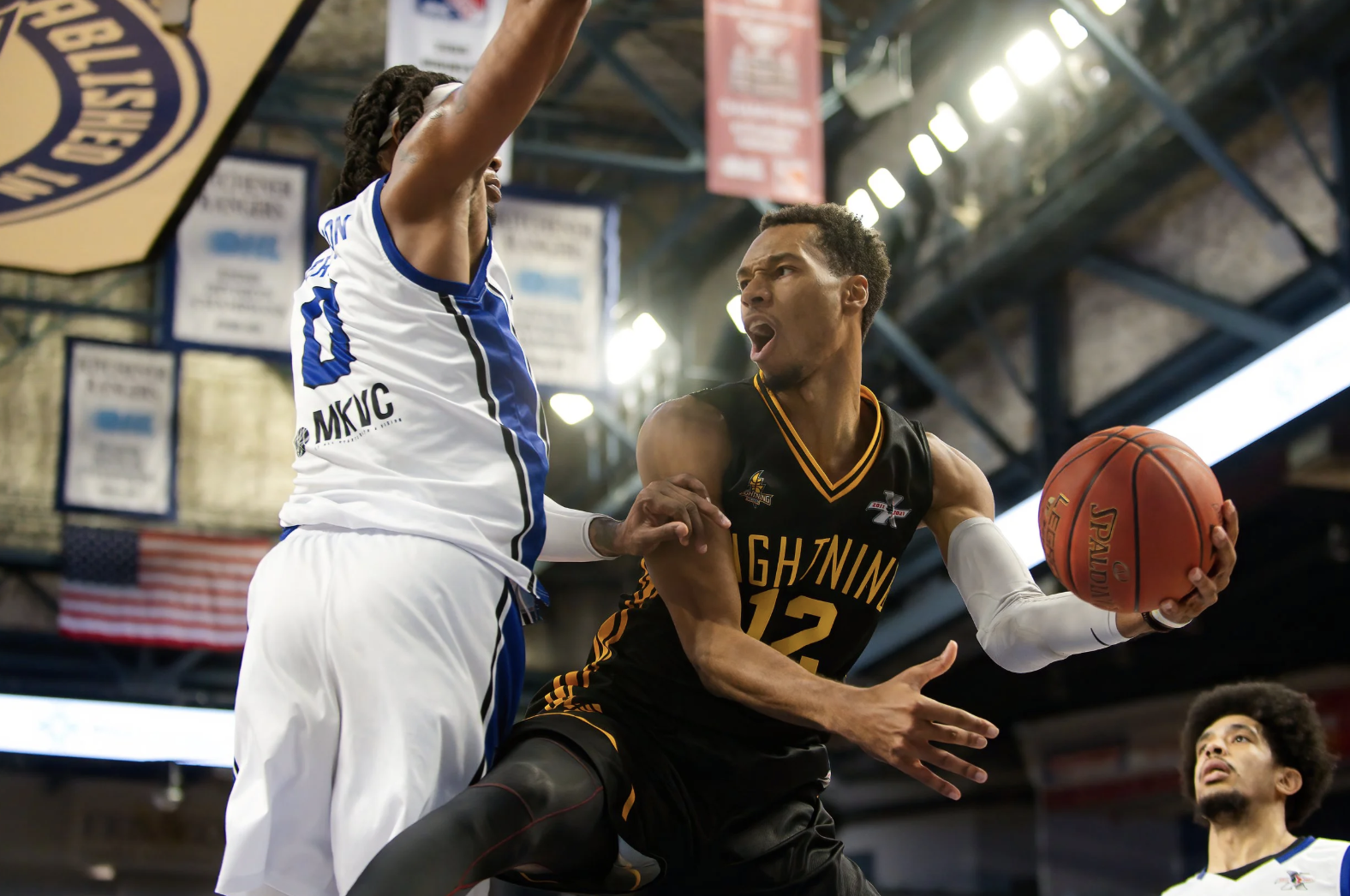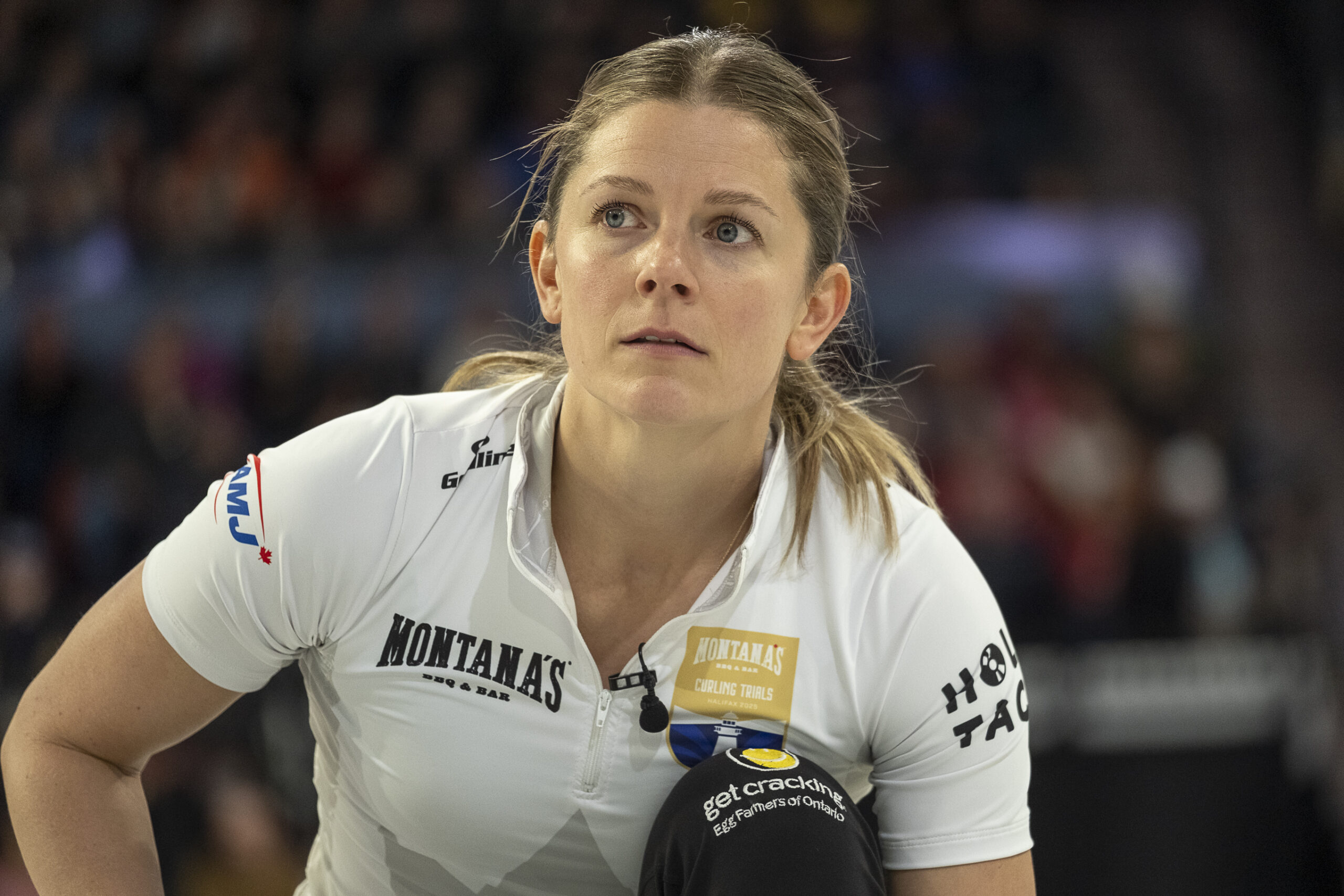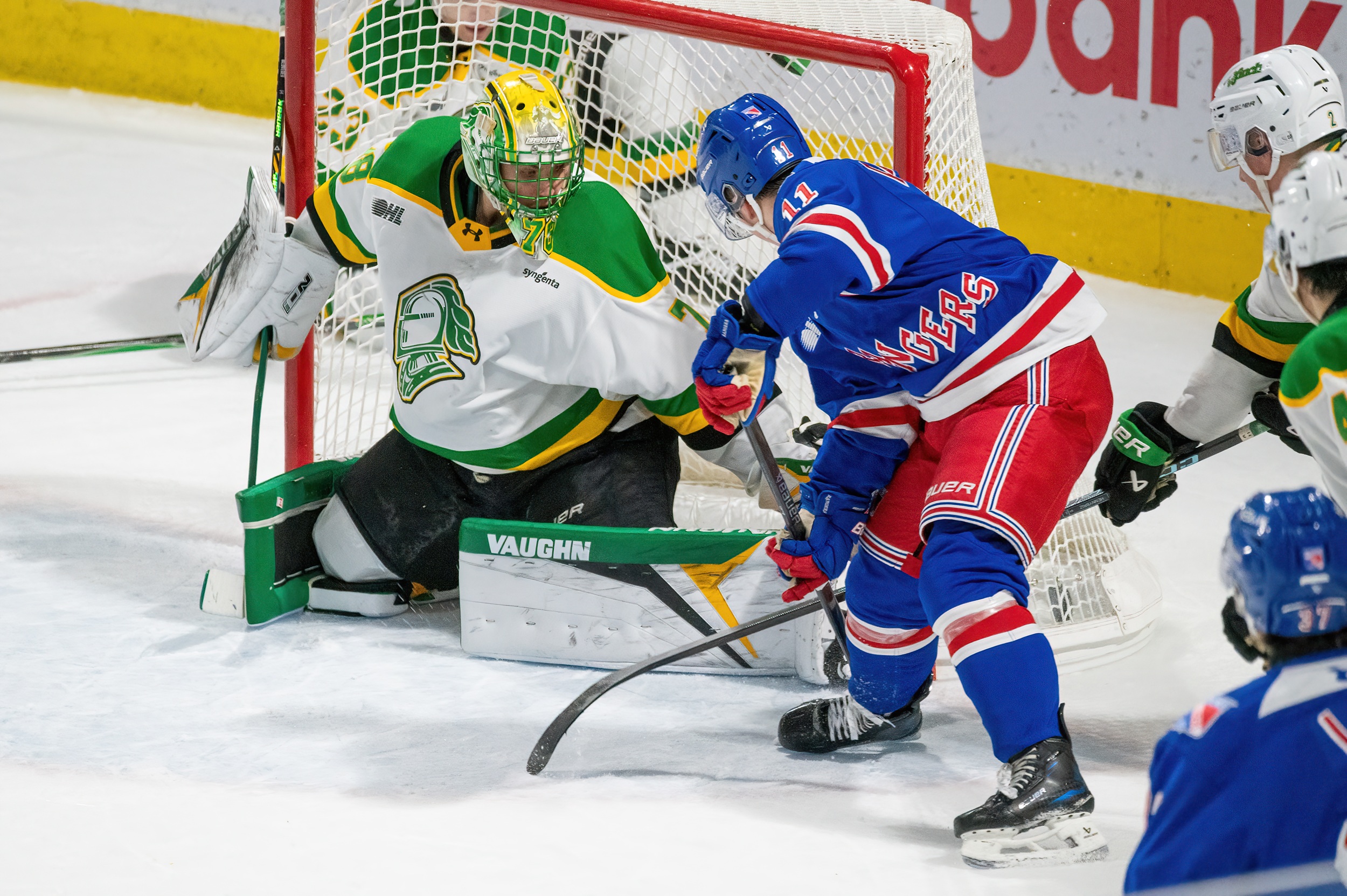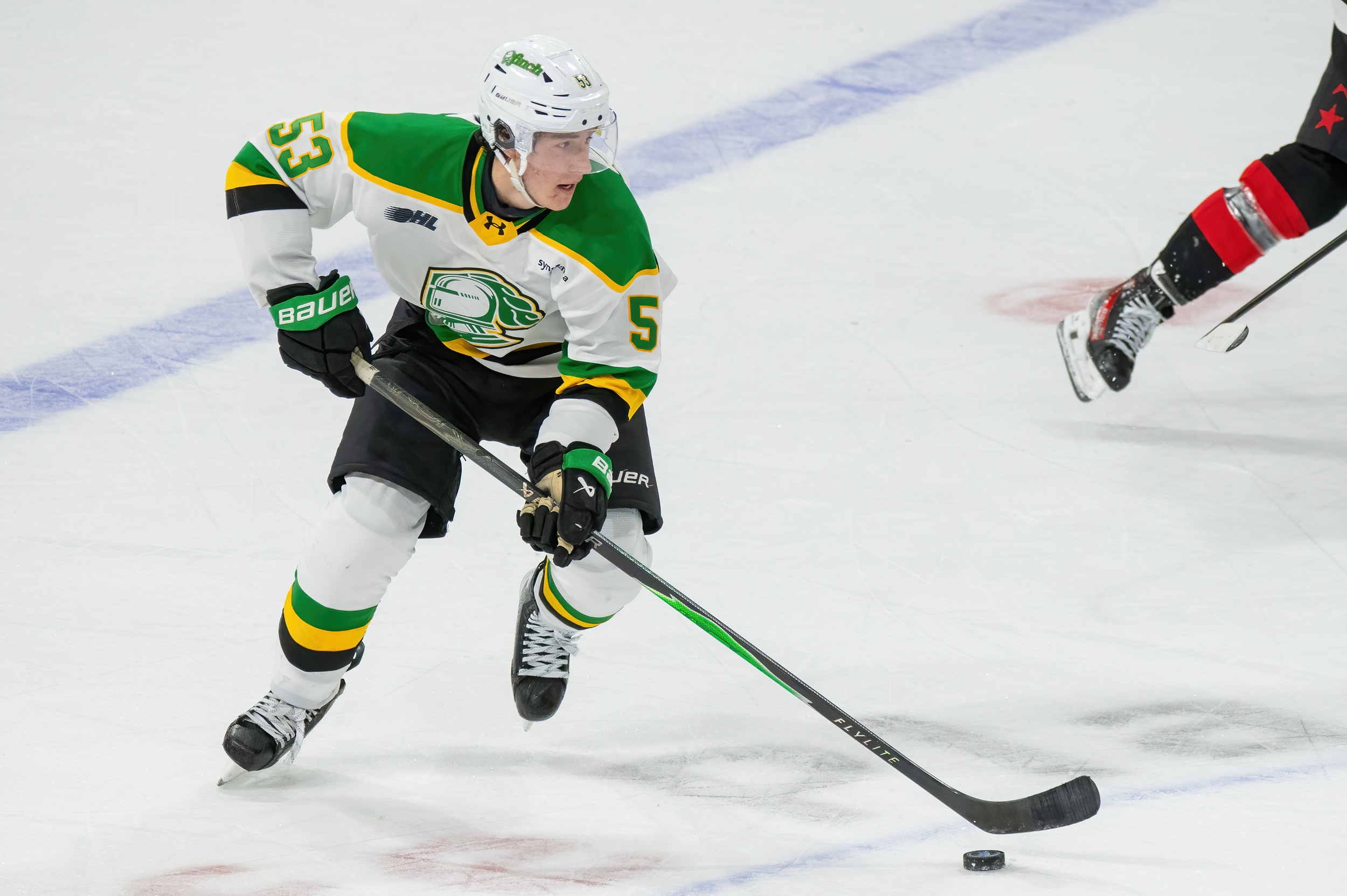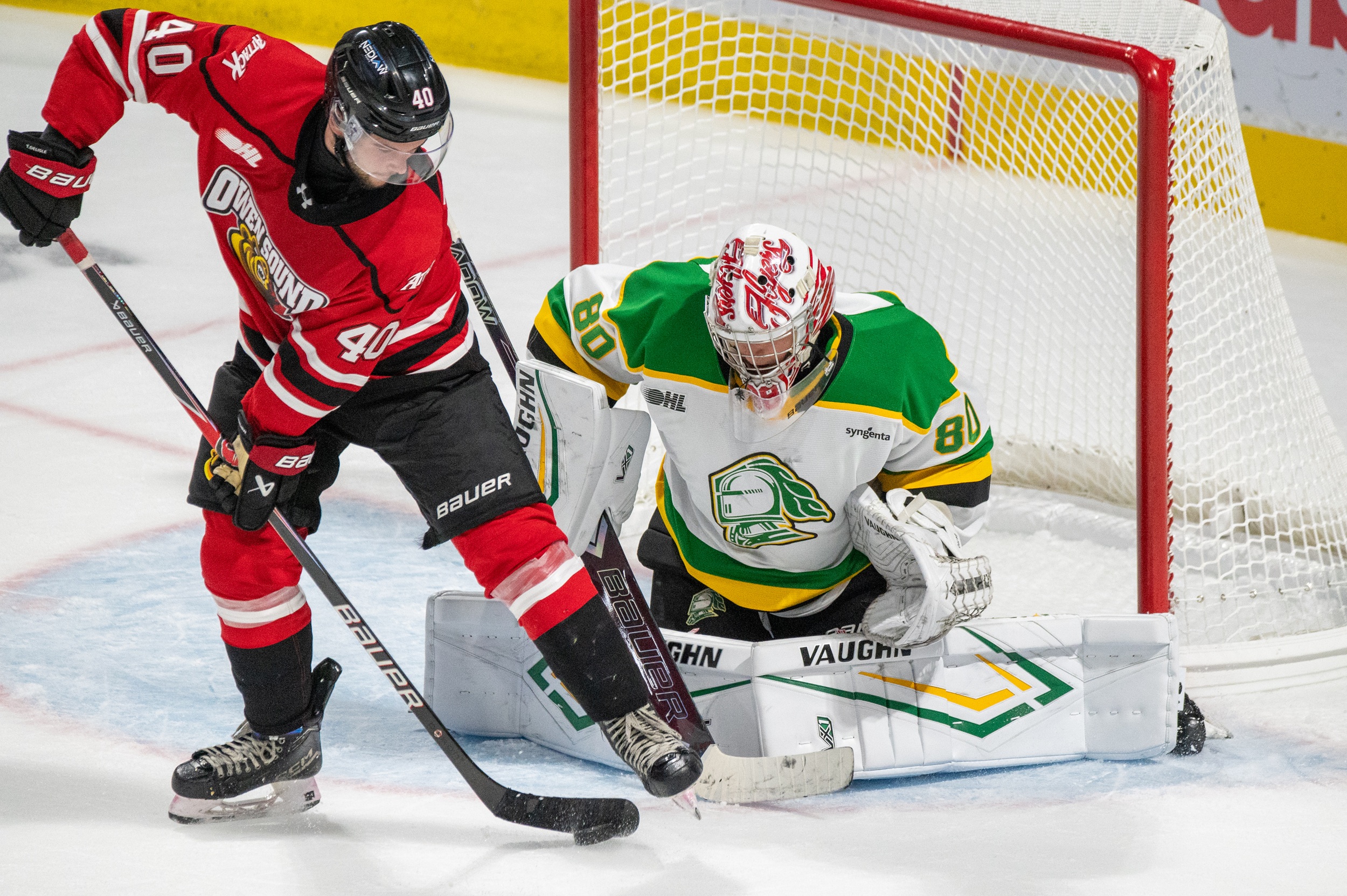|
Getting your Trinity Audio player ready...
|
They’re 13-2. Unbeaten at home. But they are beatable. They have their flaws, and coach Doug Plumb knows it. He’s working tirelessly to address the team’s weaknesses — and have his troops ready to peak come playoff time.
Let’s say you want to beat the London Lightning. You now have a blueprint.
Of course, it’s a blueprint that’s easier said than done.
“Try to make us shoot. Try to make us shoot free throws. Period,” Lightning head coach Doug Plumb says. “You can’t beat us inside. You can’t beat us in transition. If we have lapses defensively and you can put our guys in space who are struggling to figure it out, you can get us.”
THE STREAK IS OVER
The Albany Patroons defeat the London Lightning in an extremely exciting matchup.
What a run and start to the season by the Lightning. They finish tied for #1 All-Time in best starts to a season, with 11-0, tying with the 2012-13 Lightning squad. pic.twitter.com/K5Yoex91Ni
— National Basketball League of Canada (@NBLCanada) April 1, 2022
That’s what happened last week. After rocketing out of the gate to an 11-0 start, the Lightning (12-2) crashed with back-to-back road losses – 97-90 to the Albany Patroons on March 31, and 103-102 to the KW Titans on April 2.
While the losses did little to shake London’s lead atop the NBL Canada standings, they provided fuel to rekindle Plumb’s message of focus to his players – a message he keeps driving home to a team he sees as one still taking shape.
Sometimes, you see, a loss (or two) can be more helpful for a team than another win.
“These guys know, for better or worse, that I’m a competitive psychopath. I am unrelenting,” said Plumb, who was recently named NBL Canada Coach of the Month (March). “I haven’t been able to keep guys accountable because we’ve been winning. But now that we lose a couple I can say, ‘OK, let’s get back down to Earth. We aren’t as good as we think we are.”
* * *
Albany was tough on its homecourt.
On the franchise’s first game south of the border, in Albany, NY, the Lightning’s quest for a new win streak record to start the year was stopped by the Patroons, 97-90.
Trailing 28-23 after the first quarter, the Lightning bounced back in the second, outscoring the home side 30-19 to take a lead into halftime. That lead changed hands in the third, though, as the Patroons outplayed the Lightning to take a 6-point advantage into the final frame. With 1:29 left, guard Chris Jones hit a jumper to make it a 4-point game, but London couldn’t win the foul-free throw game in the final minutes.
On defense, Albany kept mixing it up, switching 1-4 and completely disrupting the Bolts’ rhythm. Their guards pressured and pushed the Lightning offense farther and farther out.
On offense, it seemed as if the Patroons hit everything thrown up, but the numbers don’t show that. Albany shot 47.9% (35-73) from the floor, including 25% (5-20) from 3; London shot 44.4% (32-72) from the floor, including 27.3% (6-22) from 3. The Patroons made only one more free throw (21-28) than the Lightning (20-31).
But there was something beyond the stat sheet that bothered Plumb.
“These games told me what I have known all along about this team: If we don’t execute our stuff, if we’re not focused and we’re just out there playing, but not playing with real purpose or conviction and dire attention to detail, we’ll catch losses,” he said. “Previously, we’ve just been so much more talented than people that we’ve got away with it. Now, we run into a team in Albany that’s coached by a college coach, that’s got younger guys who are really bought in, and they moved the ball relentlessly.”
Thus far this season, London’s offensive success has depended on its defense. As a group, the team focuses on funneling the ball to the “weak links” on their opponents, a place “where the play goes to die,” Plumb explained. “We want their guys to play isolation basketball against us. But when the ball is moving, we were struggling to guard in space.”
That’s what happened in Albany, where movement kept the team off balance.
But Plumb also didn’t like the feel on the court.
“We’ve had a lot of negative emotions. It’s not like our guys are acting like losers in any capacity because they’re not – they’re winners. But the emotional volatility, sometimes our excitability, has been too much and we don’t immediately channel it into positive enthusiasm,” Plumb said. “That came out in that game. There were some frustrations over stuff we cannot control, like officiating, so that’s something we’re addressing and trying to move on.”
The successful start to the season has also fueled some complacency that he saw on the court. But losing, Plumb says, tends to refocus attention.
“Picking up on scouting report stuff quickly has been our Achilles heel. Because when you’re winning, you don’t have great buy-in all the time. That’s human nature; you tend to just float a little bit. Then we get a team that’s playing basketball the right way, moving the basketball, playing unselfishly, crashing the glass hard, and it catches up with us.”
No excuses, but that pace of play after an eight-hour bus ride and some rules confusion, did not help the cause in New York.
The NBL Canada-TBL partnership calls on games to be played according to the league rules of the home team. There are minor differences between the two – goaltending rules tend to confuse TBL teams when they come north, defensive three-second rules get NBL Canada teams when they go south. London got hit with two of those.
“We played terrible,” Plumb said. “And we still had a shot to win at the end of the game.”
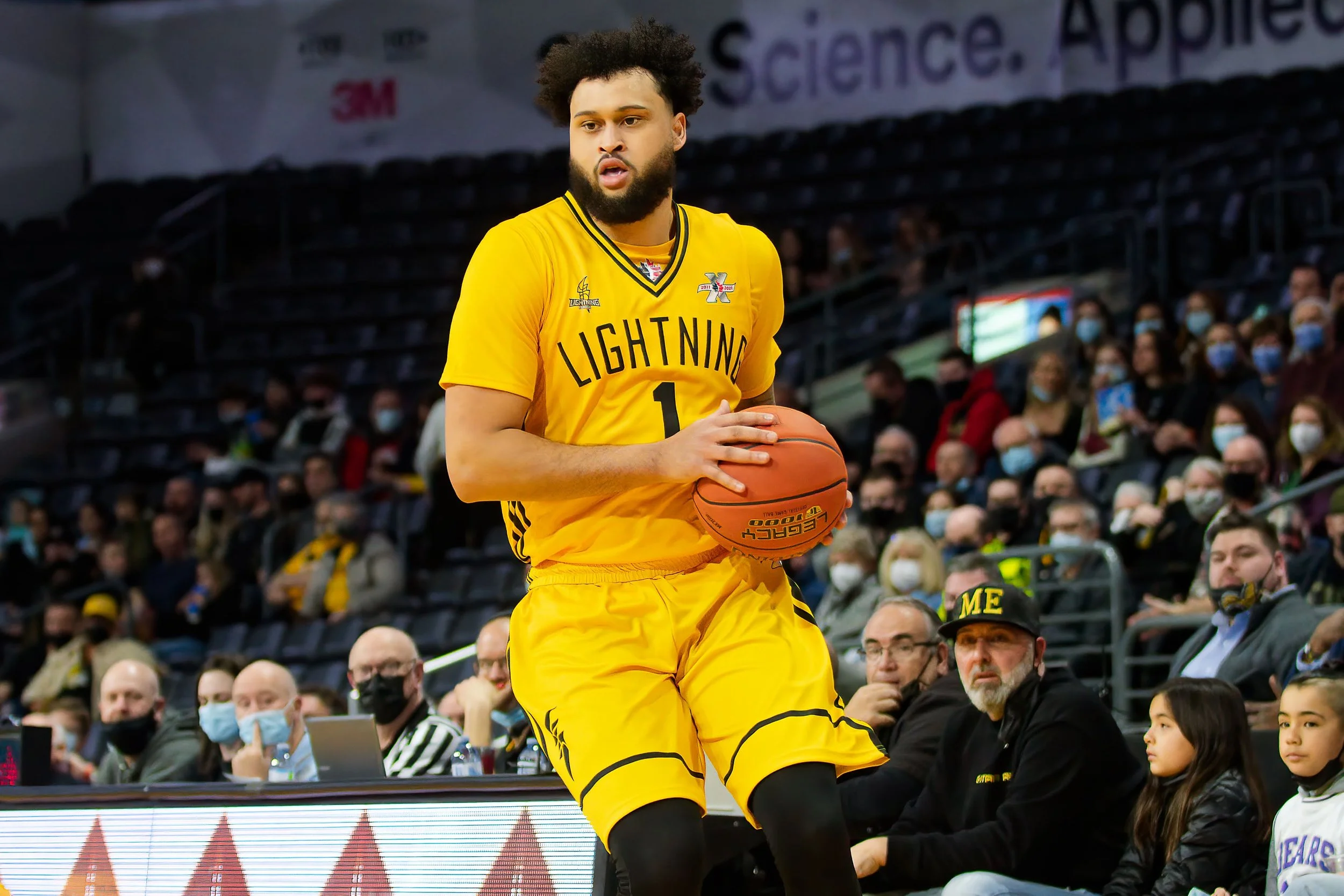
* * *
Plumb has targeted the third quarter as a struggle for the team. London has led at the half in 11 of its 15 games, but it has been outscored in the third quarter seven times. The inability to put games away for good in the third has been frustrating.
The two losses, however, tell a mixed tale: Up 53-47 on Albany at the half, London was outscored 26-14 in the third and lost the game by 7. Down 51-49 to KW at the half, however, London outscored the Titans 31-25 in the third, but still lost the game by 2.
“The third quarters have been bad because I get to talk in front of the bench in the first half with the team playing D on our end. I can sort defensive miscues out as they’re happening – problem-solve on the fly – and then we get a break into transition. When you don’t have great shooting, you have to score in transition. You have to play with pace. That’s why our first halves are good,” Plumb explained.
“In the second half, what happens is lack of attention to detail, or maybe one guy is falling asleep on something we’ve drilled in the scouting report, and the opponent scores. Now, we have to take the ball out of bounds and that gives the opponent time to get back in transition. Now we have to execute our stuff, and if we’re not executing our stuff with conviction, and we don’t have shooters to keep them honest, they sit in the gaps. That’s why we’ve struggled in the second half at times or not been able to blow out leads.”
* * *
The KW loss was narrow, but somewhat uglier, as London’s shooting almost completely disappeared.
With the lead changing hands throughout the game, it all came down to the final minutes. Down 100-95, the Lightning fought their way back. With just over a minute left, guard Jaylon Tate drained a 3-pointer to tie things up at 102. The Titans then made a single free throw to take the lead. On the final possession, forward Terry Thomas missed a 3-pointer. Centre Amir Williams grabbed the offensive rebound and was fouled, but he was unable to make either free throw; the Titans came away with the 103-102 win.
KW shot 48.6% (35-72) from the field, including 40.6% (13-32) from 3 and 74.1% (20-27) from the charity stripe. London, however, shot 40.4% (36-89) from the field, including 29.4% (10-34) from 3 and 71.4% (20-28) from the line.
Williams’s two misses at the end drew a lot of the attention, but there were plenty of missed opportunities in a game where London threw up more shots than KW.
Shooting has been a concern all season. That’s been the reason behind of couple of recent moves.
Now-former Lansing Pharaohs guard Lance Adams inked a deal with London on April 5. Adams has only averaged 7.1 points per game in seven games against TBL opponents, but he has saved his best for playing against the NBL Canada. In three games against interleague foes, Adams averaged 22.7 points per game, including a season high 28 off the bench against the Lightning on March 6. It might be of interest that he also shot 8-13 that night at The Bud.
Not to be overlooked, guard Marcus Ottey also signed with the Lightning on April 2. In his first three games with the Bolts, he has posted 23 points, 8 rebounds, and 11 assists – including a 10-point, 11-assist double-double in last Sunday’s 113-83 blowout win against Flint United.
Throw these two additions into the mix alongside rookie guard Josiah Mastandrea, who scored 21 on six three-pointers in his coming-out party Sunday, and you have the makings of a bench that can put a lot of pressure on defenses from beyond the arc. That’s not something we have seen from this team yet this year.

* * *
You get the feeling that Plumb, in a way, welcomes the opportunity to refocus, which those losses offer.
“We’re still not executing well enough,” he said. “We’re not winning the one-on-one battles all the time within the play that are completely inside your control – setting up your cuts, sprinting the floor, getting to the corners early, setting screens, getting good contact, waiting in the pick and roll. All the things you have complete control of, and have nothing to do with talent, we haven’t shown a great level of buy-in yet. Now, we have to do it. As a coach, it’s great because I can hold them accountable.”
Nine games remain in the regular season. After Wednesday’s win over the Titans, London will now play seven of its last nine regular season games on the road, including six straight road games between April 9 and May 1, starting with a Michigan trip to Lansing (April 9) and Flint (April 10) this weekend.
During that time, Plumb knows exactly what he will be looking for from the team.
“My biggest takeaway from the two losses is just a need for a general sense of urgency and leadership. There are four phases of building a team: forming, storming, norming, performing. We gotta get through those fast,” he said. “The guys are now starting to understand that. They want to have a special year, and so do I. Everyone in the organization does. It’s right there in front of us, and it’s something we control with our level of buy-in every day with the coaching staff. So, it’s up to them.”

